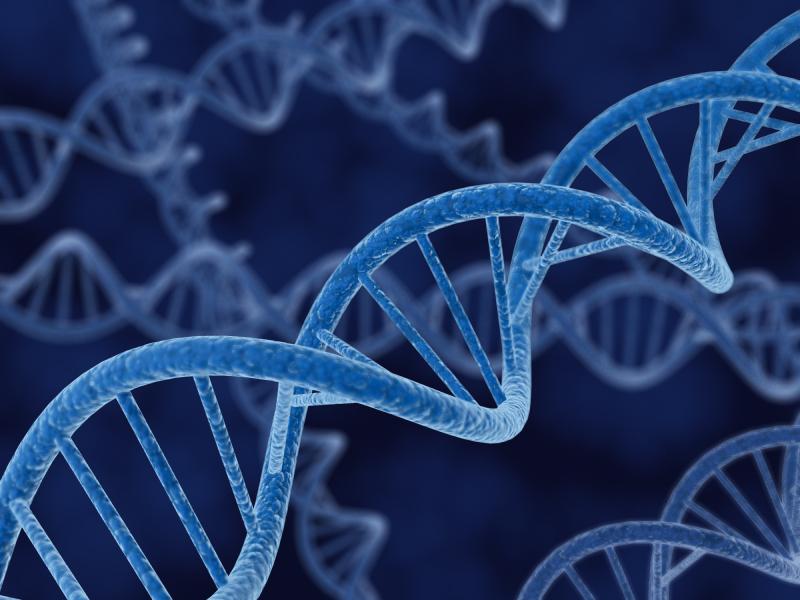The motto of the academic health system in my community is, “In Science Lives Hope.” Walter Isaacson’s book, The Code Breaker: Jennifer Doudna, Gene Editing, and the Future of the Human Race, affirms that assertion. Isaacson said that the three great revolutions of modern times are the discoveries of the three fundamental kernels of ourContinue reading “Nature is Beautiful That Way”
Category Archives: Science
Regulation, Huh? Who Would Have Thought?
In February, Future Crunch, that fount of “good news you probably didn’t hear about” and science news that is “indistinguishable from magic,” linked to a story reporting that, “The Mississippi River is the cleanest it’s been in more than a century.” It’s another powerful repudiation of the blanket opposition to government regulation common since theContinue reading “Regulation, Huh? Who Would Have Thought?”
Far Less Attention
In his 1999 book, Dealers of Lightning: Xerox PARC and the Dawn of the Computer Age, Michael Hiltzik said that “a certain quality [was] possessed by [the Palo Alto Research Center] in its extraordinary early years”: Magic. And it was the source of multiple seminal technologies including the laser printer, Ethernet and object-oriented programming. MalcolmContinue reading “Far Less Attention”
An Extra Life
Since the mid-1700s, advances that were initiated by scientists and accompanied by new social movements, new forms of persuasion and new kinds of public institutions—namely, vaccines, germ theory, and antibiotics—have combined to double the average human lifespan, essentially giving humanity, according to Steven Johnson, “an extra life.” In 1796, British physician Edward Jenner created theContinue reading “An Extra Life”
Networks of Ideas
Steven Johnson’s book, How We Got to Now: Six Innovations That Made the Modern World, and its companion PBS and BBC series, examined the largely unplanned roles played in our lives by: Glass—”A world without glass would strike at the foundation of modern progress.” Cold—”Our mastery of cold is helping to reorganize settlement patterns allContinue reading “Networks of Ideas”
The Invention of Surgery
For 1,500 years, medical practice in the Western and Arab worlds, such as it was, was dominated by the doctrines of two ancient Greeks: Hippocrates and Galen, who explained the inner workings of the body with the theory of the four humors. But in his book, The Invention of Surgery: A History of Modern Medicine:Continue reading “The Invention of Surgery”
Getting Better, XIV
There is much to be optimistic about in the relatively short term at this moment. In the longer term also, there are many reasons for expecting things to continue getting better—in the US and the world. Just over a year ago, Vox.com assembled these optimistic facts: Extreme poverty has fallen Life expectancy is up TeenContinue reading “Getting Better, XIV”
Good News Stories from 2020
I’ve been a fan of Future Crunch—who believe that “if we want to change the story of the human race in the 21st century, we have to start changing the stories we tell ourselves”—for years now, but I just got an annual subscription this year. They stand out for me because they don’t just tellContinue reading “Good News Stories from 2020”
Educating Girls and…Climate Change?
It’s never wrong to do the right thing. Moreover, doing the right thing often has benefits that might never have been imagined. It’s right to provide the same education to both girls and boys. And according to UNESCO (the United Nations Educational, Scientific and Cultural Organization), since 1995 the proportion of girls receiving primary andContinue reading “Educating Girls and…Climate Change?”
Tut, Tut, Looks Like Rain
Weather forecasts have been a given for so long—in newspapers, on radio and television, on mobile devices—that it’s hard to imagine daily life without them. But “in 1800 the weather remained a mystery,” said Peter Moore. In his book, The Weather Experiment: The Pioneers Who Sought to See the Future, Moore described how—between 1800 andContinue reading “Tut, Tut, Looks Like Rain”





